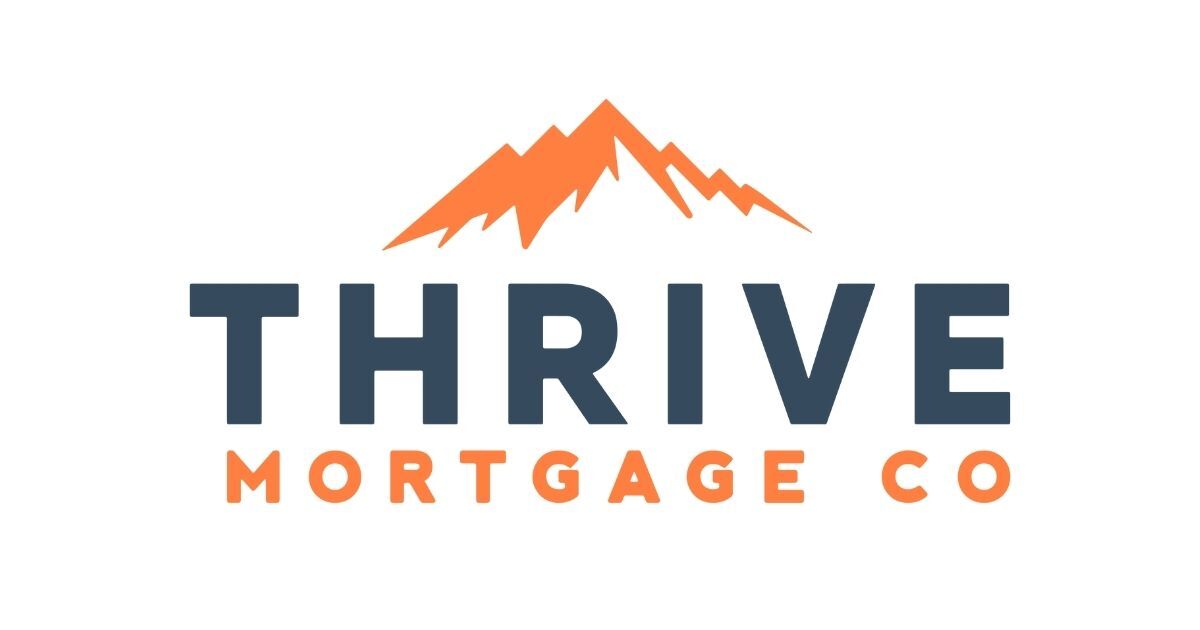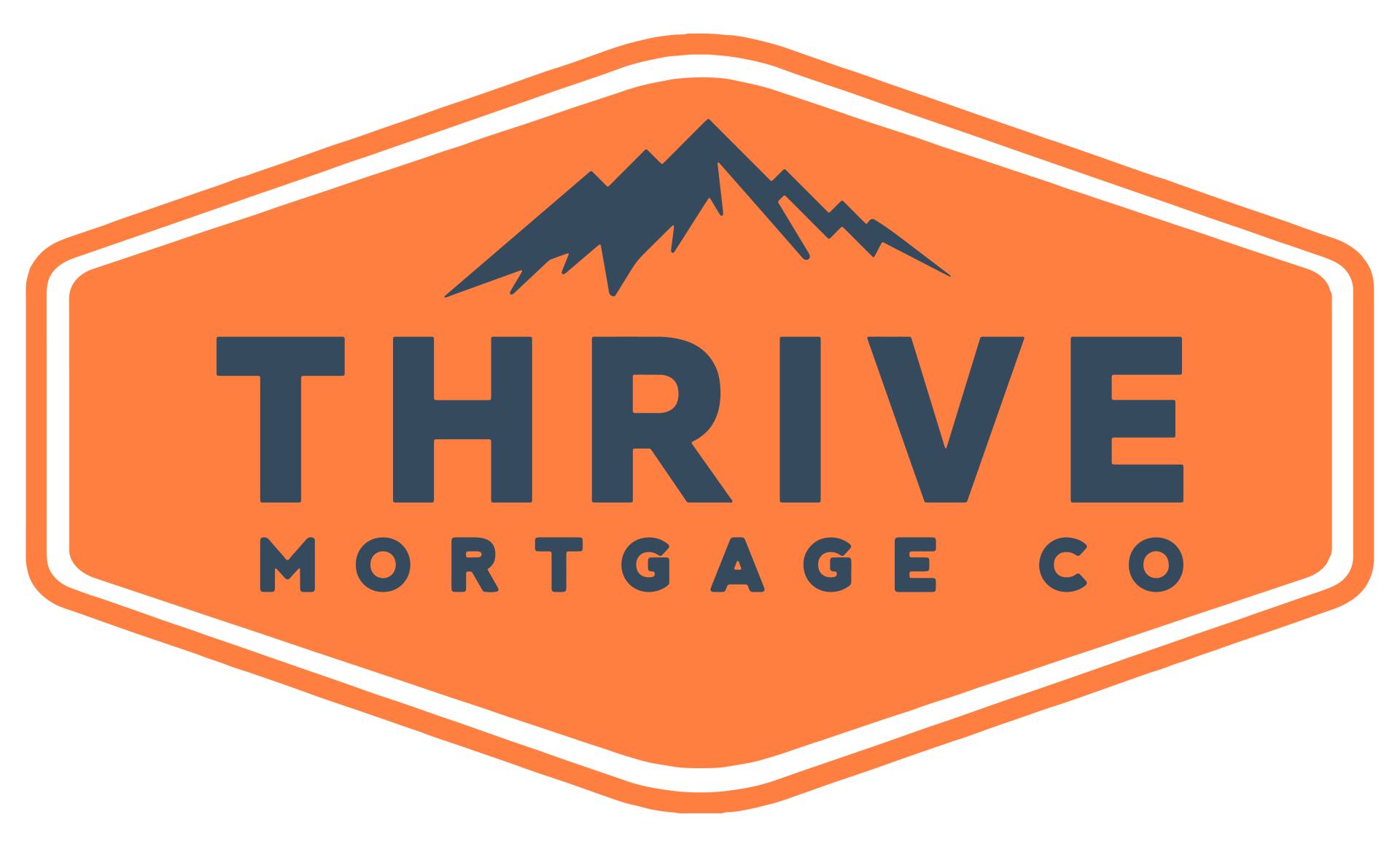Investment Property Mortgages
All you need to know about earning a rental income without having to do any work.
Make your equity work for you and see your income grow.
If you own a property, you may have seen your equity grow substantially in recent years. You might have already considered buying a rental property, or thought about how to prepare for retirement.
Whether you’ve thought about investing in real estate or just want to make smart retirement plans, you shouldn’t limit yourself to owning one property.
We can help you to use your equity to maximize your earning potential by investing in real estate. We will take care of all hard work, letting you sit back, relax, and watch the profits roll in.

